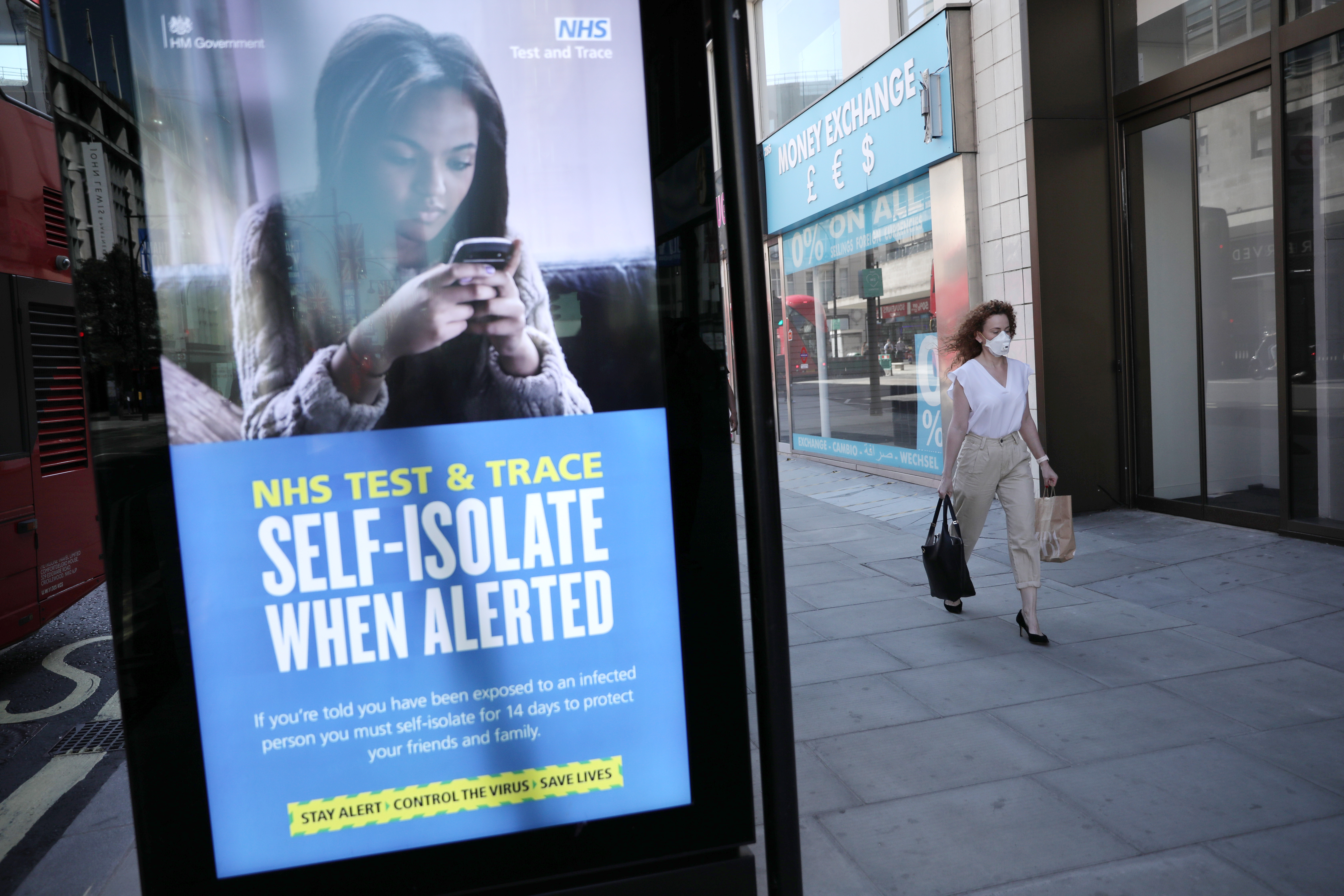For months now, the British public has been told there’s only one way to resume normal life: a successful virus-tracing scheme. Early on in the pandemic, the UK decided to go its own way in this area, rejecting Apple and Google’s established, decentralised app model by trying to launch its own one. NHSX would create a centralised app that funnels contact details to public health officials once somebody reported their symptoms via their phone. Bad for privacy, good for knowing exactly where infection rates were spiking in something close to real-time. Hailed as a soon-to-be ‘world beating’ app by the Prime Minister, it was launched on the Isle of Wight in early May and touted as a necessary part of the UK’s lockdown easing. The public was prepped to download it as soon as it was made available UK-wide.
The NHSX app was always doomed to fail, which begs the question: why did the government press on with it for so long?
Turns out, the PM got a bit ahead of himself. Months later, there is still no NHSX app to download. Today we learn there will never be. In perhaps the least-surprising U-turn of the Covid crisis so far, the NHS has abandoned its bespoke app and has announced a shift to Apple and Google’s model. Far from being an exception to the rule, the app now joins in a long line of government IT projects to have glitched and failed, even before arrival.
The app was always doomed to fail, which begs the question: why did the government press on with it for so long, especially as this U-turn will prove much more costly than your usual public sector tumble? The abandonment of the bespoke app for the tried-and-tested version has set the UK back months in getting its trace and trace scheme off the ground. The delay has already forced the UK to rely on contact tracers – 25,000 of them hired and trained over the last month – which is proving to be a struggle of its own. In theory, contact tracers follow up directly with Covid-positive patients and their contacts to direct them on how to self-isolate. But new data released today shows in the first two weeks of the system up and running, one in four people testing positive for the virus couldn’t be reached by the tracers.
It takes a remarkable level of hubris to think government bureaucracy could put together a better tracing app than Apple and Google combined (in a matter of weeks, even), but the Covid crisis leaves little room for ego. A working virus-tracing system is crucial for the UK: not just for public health but also to enable more parts of the economy to re-open. As the rest of Europe liberalises its Covid restrictions, every week and even day lost in the UK to bad preparation puts thousands of businesses and millions of jobs at risk. This U-turn was necessary, and will allow the UK to embrace an app that can effectively trace outbreaks – but it was also predictable, and should provide (yet another) stark warning of what happens when government’s try to play the role of the private sector – without the goods or the credentials to back them up.







Comments